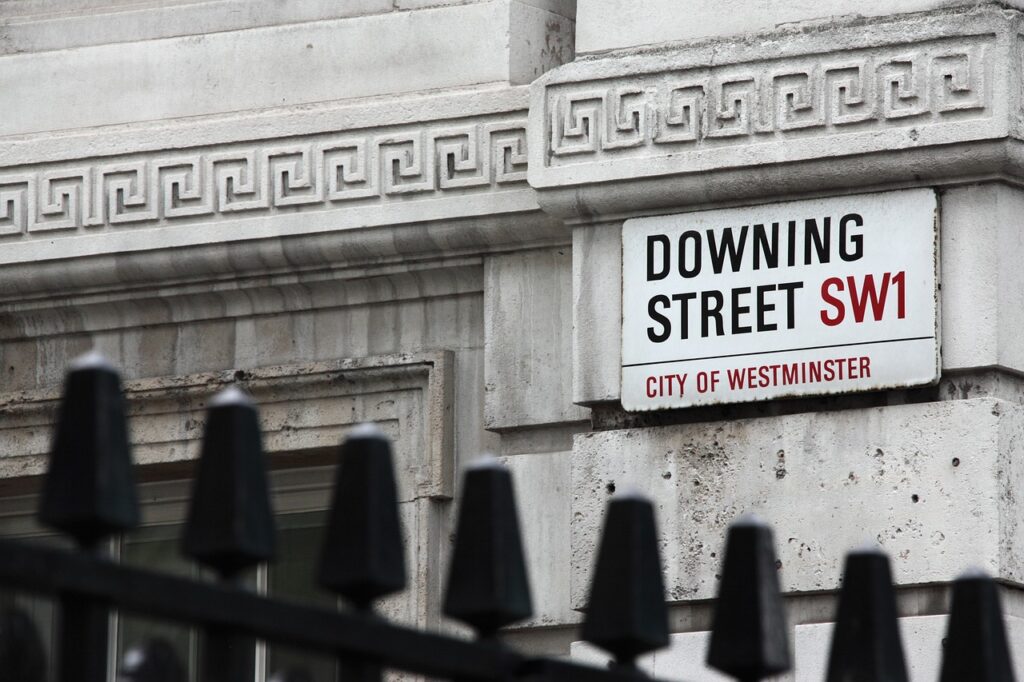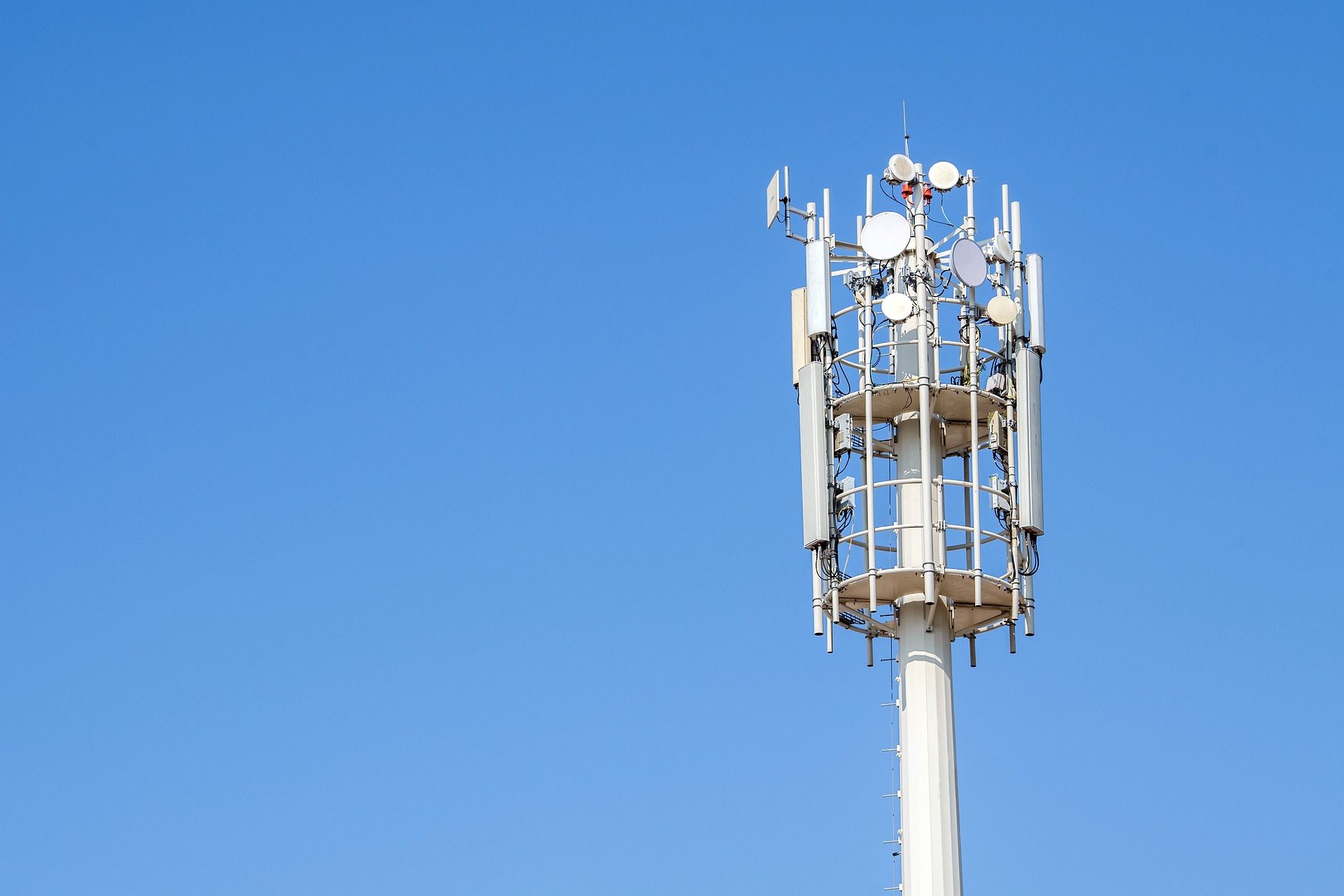The importance of crisis communications in a general election

By Victoria Chilton, Energy & Industrials
Crisis communications are crucial in general elections, involving swift responses that maintain public trust, control narratives, leverage digital platforms, and learn from past crises. Effective strategies in these areas can significantly impact a campaign’s success.
In the high-stakes arena of a general election, crisis communications play a pivotal role in shaping public perception and maintaining voter confidence. The ability to swiftly and effectively manage a crisis can determine a campaign’s success or failure. A well-executed strategy can mean the difference between a campaign that falters and one that prevails, particularly in the digital age where information and misinformation spreads rapidly.
Campaigns must be prepared to address issues ranging from candidate missteps to external events that could impact voter sentiment. By anticipating potential crises and crafting clear, consistent messages, campaigns can navigate challenges, protect their reputations, and maintain the trust of the electorate.
Swift responses to emerging issues
In a general election, crises can emerge suddenly and from unexpected quarters. These might range from personal scandals involving candidates to policy gaffes, security threats, or external events such as natural disasters. The ability to respond swiftly and effectively is crucial. An immediate and measured response helps to control the narrative, preventing opponents from capitalising on the situation and mitigating damage to the campaign’s image.
For instance, when a candidate faces allegations of misconduct, such as in the case of Dominic Raab who was found to have intimidated civil servants after an inquiry into bullying allegations, the response must be prompt and transparent. Denial without evidence or delays in addressing the issue can lead to a loss of credibility. A well-prepared crisis communications team can quickly gather facts, craft a coherent response, and disseminate it across multiple channels to ensure the public receives accurate information promptly.
Maintaining public trust
Trust is a foundational element of any political campaign. Once broken, it is incredibly challenging to restore. Effective crisis communications aim to maintain and even build trust during turbulent times by addressing the immediate crisis and demonstrating accountability, transparency, and empathy.
The expense scandal of 2009 was a significant crisis that shook public trust in UK politicians. Many MPs were found to have claimed excessive or inappropriate expenses. The response involved full transparency, with detailed expense reports being published and several MPs facing legal consequences. The swift actions, including resignations and repayments, were critical in beginning the process of rebuilding public trust.
Acknowledging concerns and showing a willingness to listen and adapt can turn a potential crisis into an opportunity for positive engagement. This approach helps to reinforce the candidate’s commitment to serving the public and addressing their needs.
Controlling the narrative
In an election, controlling the narrative is essential. The media and public opinion can be swayed by how well a campaign manages its communications during a crisis. By providing clear, consistent, and accurate information, a campaign can shape the story rather than being overwhelmed by it. Demonstrated in the 2016 Brexit referendum with the Leave campaign who controlled the narrative by focusing on the message of “Take Back Control“, which resonated strongly with voters. Despite numerous challenges, their consistent and clear messaging helped sway public opinion in their favour.
Effective crisis communications also involve anticipating potential issues and preparing responses in advance. This proactive approach allows campaigns to act quickly and decisively, reducing the likelihood of being caught off guard. Pre-prepared statements, media training for key spokespersons, and a clear chain of command for decision-making are all vital components of this strategy.
Leveraging digital platforms
The rise of social media and digital news platforms has transformed the landscape of crisis communications. Information spreads rapidly, and public opinion can shift in an instant. Campaigns must be adept at using these platforms to their advantage, engaging directly with voters, and countering misinformation swiftly.
In the 2017 general election, the Labour Party effectively used digital platforms to engage with younger voters. Their campaign leveraged social media to disseminate their message, counter negative press, and mobilise supporters. This digital strategy contributed to a significant surge in support, particularly among young people, leading to a much stronger performance than initially anticipated.
During a crisis, social media can be a double-edged sword. On one hand, it allows for immediate communication with the electorate. On the other, it can amplify negative news and misinformation. A robust digital strategy involves monitoring social media trends, engaging with followers in real-time, and using data analytics to gauge public sentiment and adjust strategies accordingly.
Learning from past crises
Finally, learning from past crises is an invaluable aspect of crisis communications. Every election cycle provides lessons on what works and what doesn’t. Campaigns that analyse past crises, whether their own or those of others, can develop better strategies and avoid repeating mistakes.
For instance, analysing how previous campaigns handled data breaches, negative press, or candidate health issues can provide valuable insights. Incorporating these lessons into crisis management plans ensures that a campaign is better prepared for any eventuality.
The importance of communication
Crisis communications are a vital component of any campaign. Swift response, maintaining public trust, controlling the narrative, leveraging digital platforms, and learning from past crises are all essential strategies. As elections continue to evolve in the digital age, the importance of effective crisis communications will only grow, making it a critical area of focus for any campaign aiming for success.
Navigating the complex world of communications requires expertise and experience. To learn how Aspectus can support your organisation in developing robust communication strategies, contact our team here.
Key Takeaways:
Q1: Why is a swift response important in crisis communications during a general election?
A1: Swift responses help control the narrative, prevent opponents from capitalising on the situation, and mitigate damage to the campaign’s image.
Q2: How can a campaign maintain public trust during a crisis?
A2: By being transparent, accountable, and empathetic, and by addressing the crisis promptly and effectively, a campaign can maintain and even build public trust.
Q3: What role do digital platforms play in crisis communications for political campaigns?
A3: Digital platforms allow immediate communication with the electorate, enable real-time engagement, and help counter misinformation swiftly, though they can also amplify negative news.

